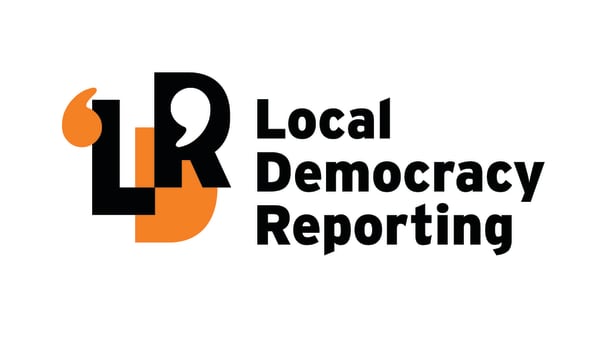An innovative Tairāwhiti pilot project that sets out to redefine environmental work and boost native biodiversity has received more financial backing.
The initiative uses digital tokens called Mahi to explore ways of making biodiverse land profitable.
The pilot project Te Kautuku - a whenua Māori land block that will be rejuvenated into biodiverse land - will receive almost $1 million ($999,986) from Air New Zealand and $482,000 from Māori wellbeing and development Government adviser Te Puni Kōkiri.
The funding will be powered by Toha – a finance technology facilitated by The East Coast Exchange (ECX).

Earlier this year, Te Rūnanganui o Ngāti Porou and Gisborne District Council each invested $100,000 towards the East Coast Exchange.
The digital infrastructure, called Mahi and powered by the Toha infrastructure, serves as a token representing units of funded work in service to the environment.
Funders can invest in the project in exchange for Mahi digital tokens, which tell a story through captured data (including photos and videos) of the organisation’s environmental contribution.
These data stories can help organisations show their social good, which could help them get into international markets, or meet B-Corporation requirements (certification that verifies high standards of social and environmental performance).
Companies can have QR codes on their products for customers to have easy access to these stories - which could show how many seeds were planted and where they were planted, along with photos and videos. They purchase the data through their Mahi tokens, which they get in exchange for their funding.
The pilot at Te Kautuku has six projects - native plant restoration, biodiversity enhancement (pest and predator control), waterway restoration, erodible slope stabilisation, the establishment of a native nursery (to provide 100,000 eco-sourced plants annually), and restoration of an ancestral trail.
Air New Zealand’s chief sustainability and corporate affairs officer Kiri Hannifin says addressing emissions and moving away from fossil fuels is the airline’s greatest challenge.
“It’s not enough just to wait and see what the future holds, particularly when the impacts of climate change are so visible and happening right now.”
The investment in Te Kautuku, via ECX and the Toha Network, allowed Air New Zealand to support local communities and restore native vegetation in the short term, Hannifin said.
The project supported innovation that could help develop a biodiversity market in Aotearoa that others could use in the future, she said.
The pilot has funding from public and private investors.
Air New Zealand’s funding will cover the development of the templates used for the Mahi token system, as well as funding for the Te Kautuku pilot.
Te Puni Kōkiri, the Government’s principal policy adviser on Māori wellbeing and development, has provided direct funding to the Te Kautuku Ahuwhenua Trust.
ECX establishment director and Toha Network Tairāwhiti lead Renee Raroa said they were “particularly stoked” to be funded through both private and public investments.
“It proves that you can collaboratively stack finance.”
Te Kautuku is 936ha of land in Rangitukia on the East Coast. It is managed by Rangi Raroa under an Ahu Whenua trust.
It has faced numerous challenges, ranging from unprofitable farming models because of the steep terrain to severe weather events.
Te Kautuku’s vision for transitioning to regenerative land use is based on the principles of kaitiakitanga (guardianship).
Raroa says Te Kautuku has a history of adapting to shifts in population and land use.
“Now the heat is on to adapt to climate extremes and protect our remaining biodiversity, restore our waterways and recloak the whenua.
“Our vision is that this land is retained under Māori ownership, fostering a connection to our roots and ensuring sustainable use for future generations.”
Te Kautuku pilot and a follow-up project at Kōtare Station - a family-run sheep and beef farm at Matawai, about 75 kilometres from Gisborne - aim to test nature-positive impact payments.
“The model being piloted at Te Kautuku has the potential to unlock a new revenue and investment for over 1.4 million hectares of whenua Māori in Aotearoa and indigenous land globally wanting to regenerate their ecosystems,” a Toha statement said.
The ECX scheme was launched after Cyclone Gabrielle as a way to cut out the middleman amid a shortage of funds for recovery work.
The Mahi token is the next phase for ECX, where pilots will have the funding up front to carry out activities and capture data.
In August, Gisborne District Council chief executive Nedine Thatcher Swann said the ECX could transform environmental challenges into opportunities by leveraging investment funds from contributors.
This includes nature regeneration, wetland restoration and pest management.












